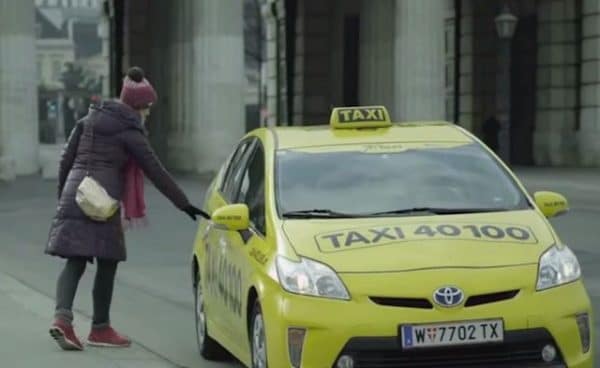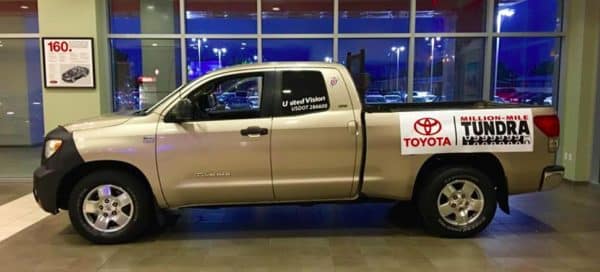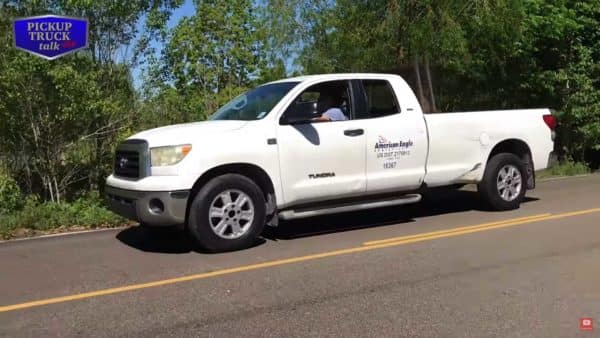The infomation is not clear, but as i remember, some early Model S drivetrains had big issues with bearing clearances.
i wonder if this guys “motor replacements”. were actually full motor +drivetrain assembly replacements in the same way those early problems were overcome ?.
But again, he did say his last “motor” repair was an independant specialist in Croatia .
Either way, the report suggests there is something wrong in his particular vehicle, …because if it were a common issue, there would be many more online stories and reports.
It also implies there is something seriously wrong with Teslas service , repair, and replacement parts system and component quality….no doubt magnified by the limited availability of suitably trained technicians around the world.
Its reassuring to know there were no fires with his battery issues, but the unreliability factor does knock my belief that Tesla had a good handle on battery technology !
And i am totally amazed that the owner is still satisfied with the car !…
. ( i guess his “unlimited mileage” warranty from Tesla helps there !)




